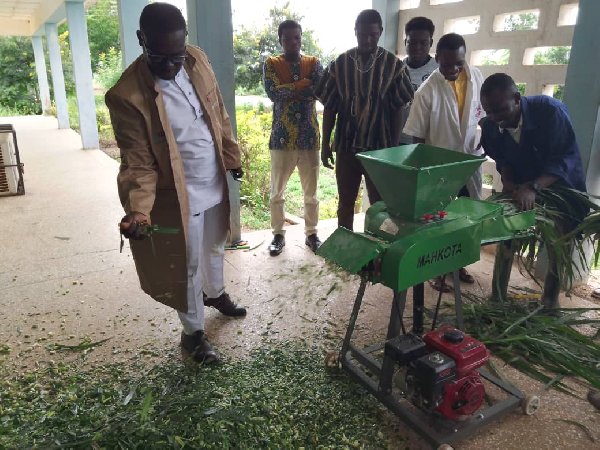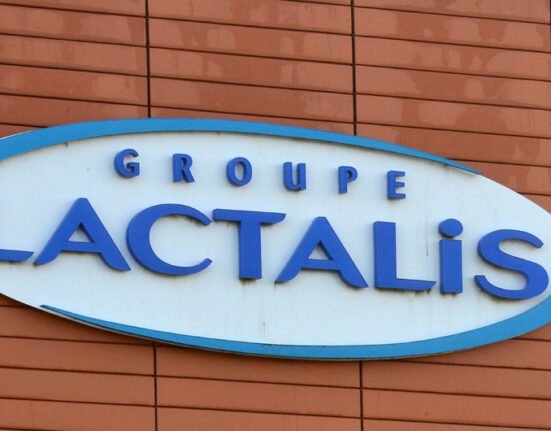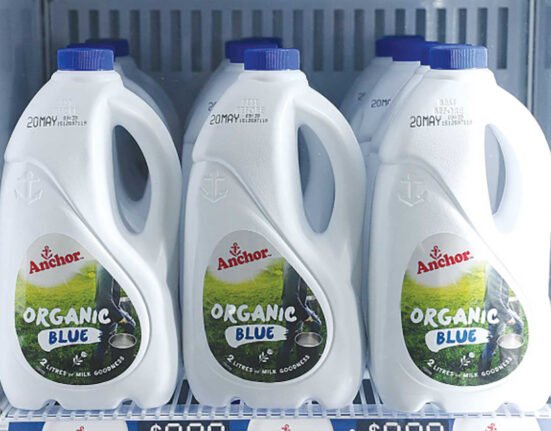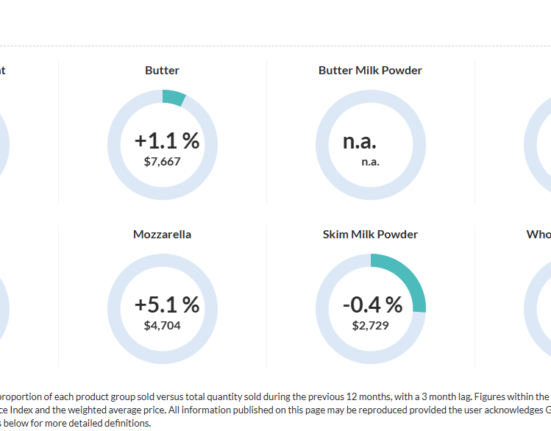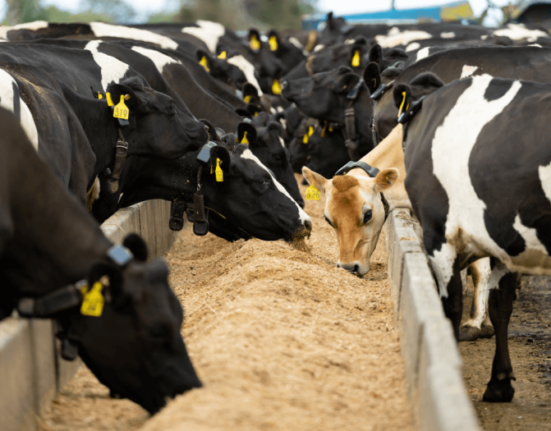Tamale, Ghana ‚Äď As the global dairy and livestock industries grapple with climate change, Professor Terry Ansah, Dean of Agriculture at the University for Development Studies (UDS), has issued a stark warning: poor feed quality, especially in dry seasons, is quietly fueling livestock-related greenhouse gas emissions.
In his 19th Professorial Inaugural Lecture, “Feeding the Future: Transforming Sheep and Goat Farming in Arid and Semi-Arid Zones through Innovative Feed Solutions,” Prof. Ansah called for urgent reforms in animal feeding systems. He later shared his insights¬†in an interview with AgriGhana Online.
‚ÄúAnimals that rely on low-quality feed‚ÄĒcommon during dry seasons‚ÄĒemit more greenhouse gases like methane,‚ÄĚ said Prof. Ansah. ‚ÄúImproving feed quality is a powerful tool in reducing emissions and boosting productivity.‚ÄĚ
ūüí® Methane Emissions and Digestibility
Ruminants such as cattle, goats, and sheep rely on fermentation in the rumen to digest feed. The methanogens in their stomachs break down fibrous feed, releasing methane (CH‚āĄ)‚ÄĒa greenhouse gas over 25 times more potent than carbon dioxide.
Scientific data and FAO reports confirm that low-digestibility feeds significantly increase enteric methane emissions. Ghana’s own Fifth Greenhouse Gas Inventory Report notes that 82.3% of agricultural methane emissions in 2019 came from livestock, led by cattle, followed by goats and sheep.
Worryingly, the report highlighted that from 1990 to 2019, Ghana made no significant progress in feed quality or manure management, contributing to consistent emission levels.
ūüĆĪ Feed Innovation Is Climate Innovation
To break this cycle, Prof. Ansah recommends:
- Cultivating nutrient-rich forages like Elephant Grass, which contain higher crude protein and total digestible nutrients.
- Adopting feed conservation methods such as haymaking and silage production to provide quality nutrition year-round.
- Intercropping systems, where grasses are grown alongside crops and harvested every few weeks for livestock feeding or market sale.
‚ÄúTraining farmers in modern feed systems can simultaneously reduce carbon emissions and increase livestock productivity,‚ÄĚ Prof. Ansah noted. ‚ÄúA healthy animal means more income for the farmer.‚ÄĚ
His approach is both environmentally sustainable and economically transformative, particularly for the dairy and livestock sectors in arid and semi-arid regions.

